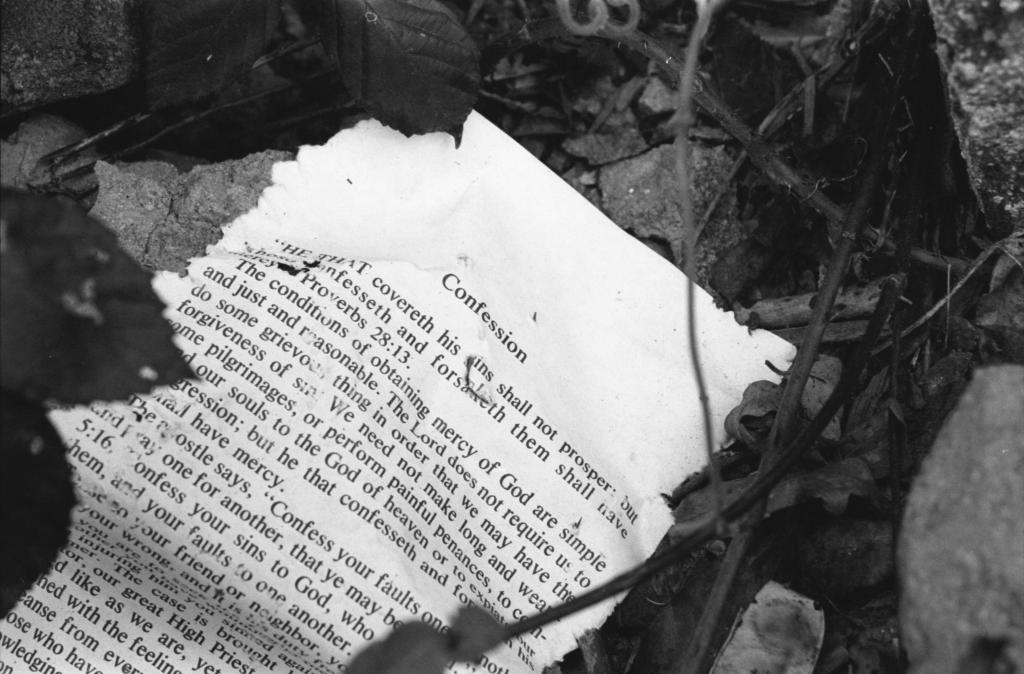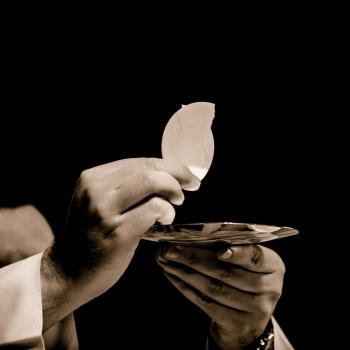With reasonable frequency I encounter people who are convinced that prayers of confession are all about making the person who prays them feel “judged” or “inferior”. Nothing could be further from the truth and place of confession and absolution in the eucharistic liturgy underlines that fact.
At the end of the prayers of the people, we are invited to confess our sins “against God and our neighbor”. The priest offers words of absolution and then we extend the peace of Christ to one another.
The prayer and the absolution that follows is not meant to grind us down, but to lift us up. In confessing our sins, we free ourselves of the burdens and obstacles that impede our relationship with God and with one another. And – having been absolved of those sins – we are able to share the healing, life-giving peace and wholeness that makes it possible to embrace one another as the body of Christ. It is on that basis that we are also ready to lift our hearts and our hands in thanksgiving to the one who has made this healing and restoration possible. Understood in this way, a prayer of confession is an instrument of liberation that frees us from the domination of sin – which is anything that militates against our relationship with God and our neighbors.
The contemporary loss of vocabulary that touches on sin, confession, and absolution helps to explain just how much the Christian message is compromised, if not emptied of its power. I suspect that most people and even a lot of clergy shy away from its use for primarily stylistic reasons. They consider the language old fashioned or judgmental and so, its disappearance from the vocabulary of their faith is seen as a matter of using language that is more socially acceptable.
But, as the description of its place in the church’s liturgy reveals, such changes are anything but cosmetic. It is a small wonder, then, that when striking cases of evil surface in the news, no small number of clergy confess that they “can’t understand why people do such things”. The ability to talk about redemption, salvation, and justice is rooted not just in descriptions of God’s love and grace, but in the Christian assessment of what is out of order in the human condition. Candid talk about sin and its remedy provides the only way forward.
Photo by Taylor Smith on Unsplash











